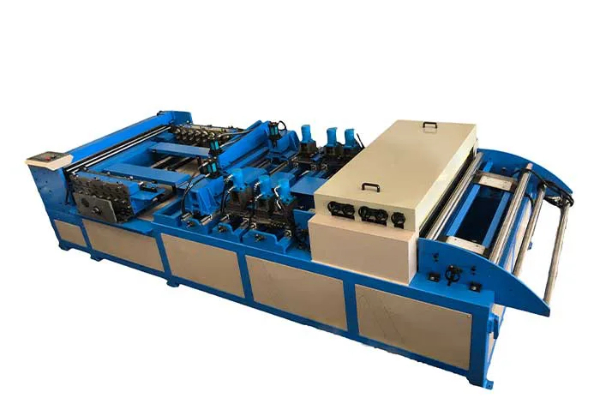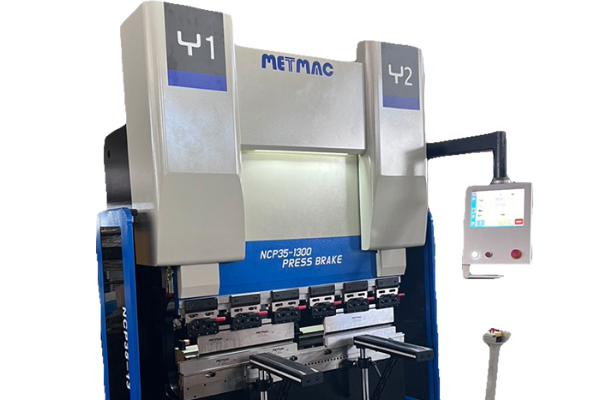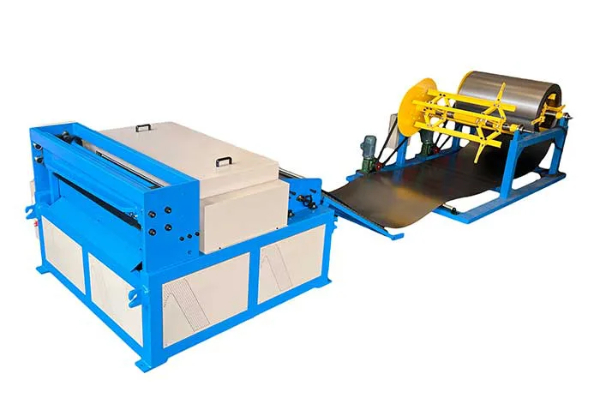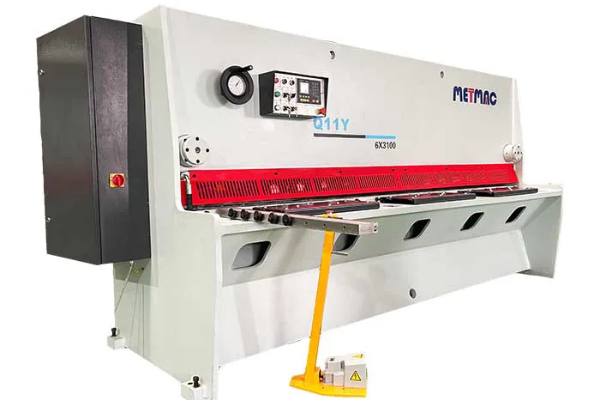
Hydraulic vs. Mechanical Sheet Presses – A Detailed Comparison
- By:Metmac
- 2024-06-19
- 113
Sheet metal presses are essential tools in the manufacturing industry, used to shape, cut and form sheet metal into various components. Two main types of presses dominate the market: hydraulic presses and mechanical presses. Each type offers unique advantages and disadvantages, meeting specific application requirements. This detailed comparison explores the key differences between hydraulic and mechanical sheet-fed presses to help decision-makers select the optimal solution for their needs.
Force generation mechanism
Presses Hydraulics: Hydraulic presses use hydraulic fluid pressurized by a pump to generate force. The fluid transfers pressure evenly throughout the hydraulic system, creating a powerful force that can be precisely controlled.
Mechanical presses: Mechanical presses, on the other hand, use a crankshaft-driven mechanism to generate pressure. strength. The crankshaft rotates, transferring power to a flywheel and then to a sliding cylinder. The flywheel stores energy, allowing the press to deliver high force over a short stroke.
Control and precision
Hydraulic presses: Hydraulic presses provide a excellent control of cylinder force and speed. The operator can adjust hydraulic pressure and flow to achieve the desired force output and movement characteristics. This controllability allows for precise, repeatable operations, making hydraulic presses suitable for complex forming applications.
Mechanical presses: Mechanical presses offer less control over force and speed. Force and stroke length are primarily determined by machine design and flywheel energy. Although mechanical presses can be automated, they may not be as precise as hydraulic presses for demanding applications.
Speed and stroke length
Hydraulic presses: hydraulic presses generally operate at lower speeds and offer longer stroke lengths compared to mechanical presses. The hydraulic system allows for smooth, controlled movement of the cylinders, making them ideal for forming operations that require gradual, precise movement.
Mechanical presses: Mechanical presses excel in high-speed applications and shorter stroke lengths. The flywheel provides high impulse force, allowing the cylinder to move quickly and repeatedly.They are suitable for mass production environments where speed and efficiency are paramount.
Energy efficiency and noise levels
Hydraulic presses: hydraulic presses generally consume more energy than mechanical presses during operation. The hydraulic pump must continually pressurize the fluid, which can result in wasted energy. They also tend to generate higher noise levels due to fluid flow.
Mechanical presses: Mechanical presses are more energy efficient than hydraulic presses. The flywheel stores energy, thereby reducing the need for continuous power. They also operate at lower noise levels because there is no hydraulic fluid flow.
Applications and capabilities
Hydraulic presses: Hydraulic presses are best suited for applications requiring precision, control and longer stroke. lengths. They excel in complex part forming, deep drawing and applications where precise control of force and speed is essential.
Mechanical presses: Mechanical presses are ideal for production environments high speed where speed, energy efficiency and repetitive operations are essential. They are commonly used in industries such as automotive, electronics and appliance manufacturing.
energy efficiency and repetitive operations are essential. They are commonly used in industries such as automotive, electronics and appliance manufacturing.
energy efficiency and repetitive operations are essential. They are commonly used in industries such as automotive, electronics and appliance manufacturing.
-
The Advantages of Using a Sheet Roll Forming Machine in Manufacturing
2024/09/14 -
How to Optimize Your Laser Sheet Cutting Machine for Maximum Performance
2024/09/12 -
How to Maximize Efficiency with Modern Sheet Metal Working Machines
2024/09/04 -
The Environmental Benefits of Using Duct Board Grooving Machines
2024/09/03
-
Reliable Duct Fabrication with Advanced Grooving and Sealing Machines
2025/06/06 -
Efficiency and Precision with Electrical Press Brake Solutions
2025/06/06 -
Precision and Efficiency with Advanced Metal Bending Machines
2025/06/06 -
Boost Your Productivity with Advanced Sheet Metal Machinery Solutions
2025/05/31
-
Integrating Automation with Rectangular Duct Machines for Enhanced Productivity
2024/05/11 -
Metal Shear Machines- Essential Tools for Precision Metal Cutting
2024/05/11 -
Understanding the Role and Function of Steel Strip Slitting Machines
2024/05/11 -
Maintenance Tips for Longevity of HVAC Duct Machines
2024/05/11
-
A Guide to the Latest Innovations in Sheet Metal Folding Machines
2024/11/29 -
Key Features to Consider When Investing in a Sheet Metal Folding Machine
2024/11/28 -
Enhancing Precision with Advanced Sheet Metal Folding Machines
2024/11/27 -
How to Choose the Right Sheet Metal Folding Machine for Your Workshop
2024/11/26



